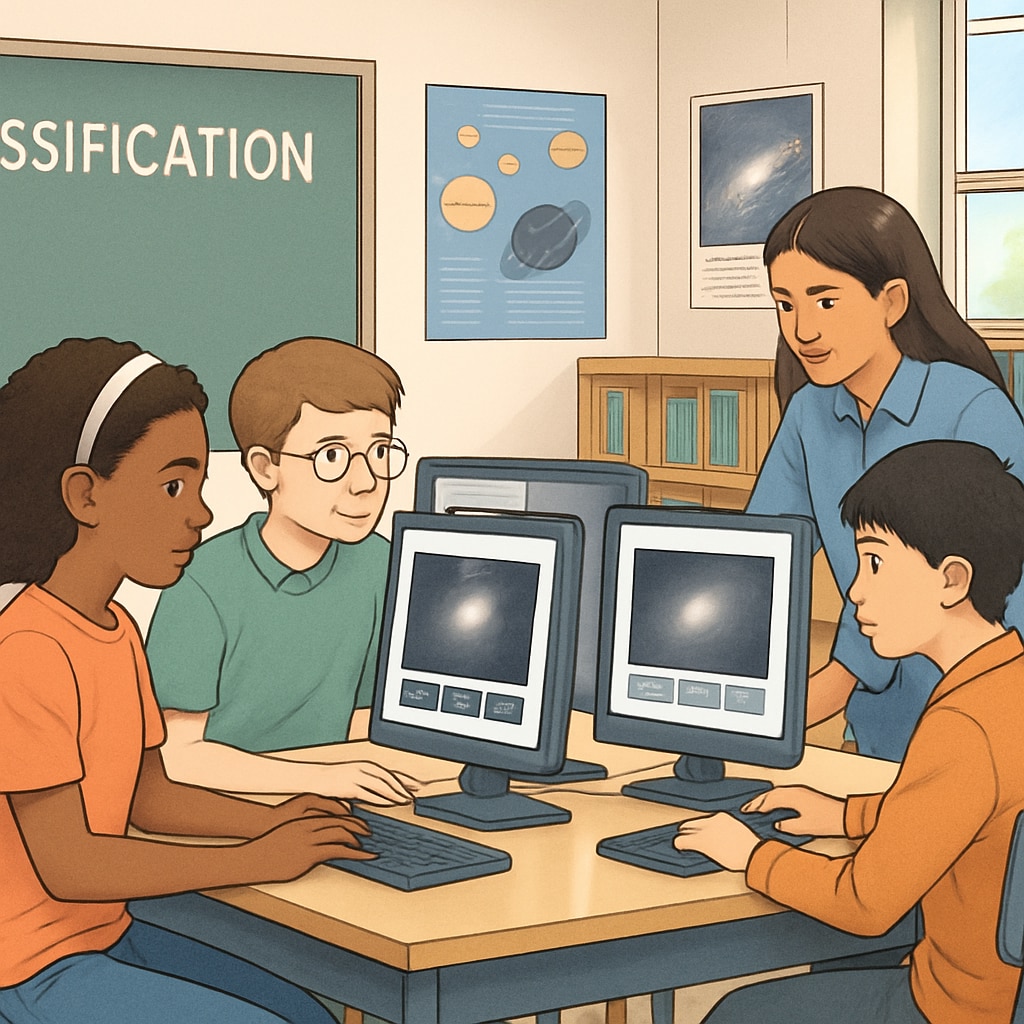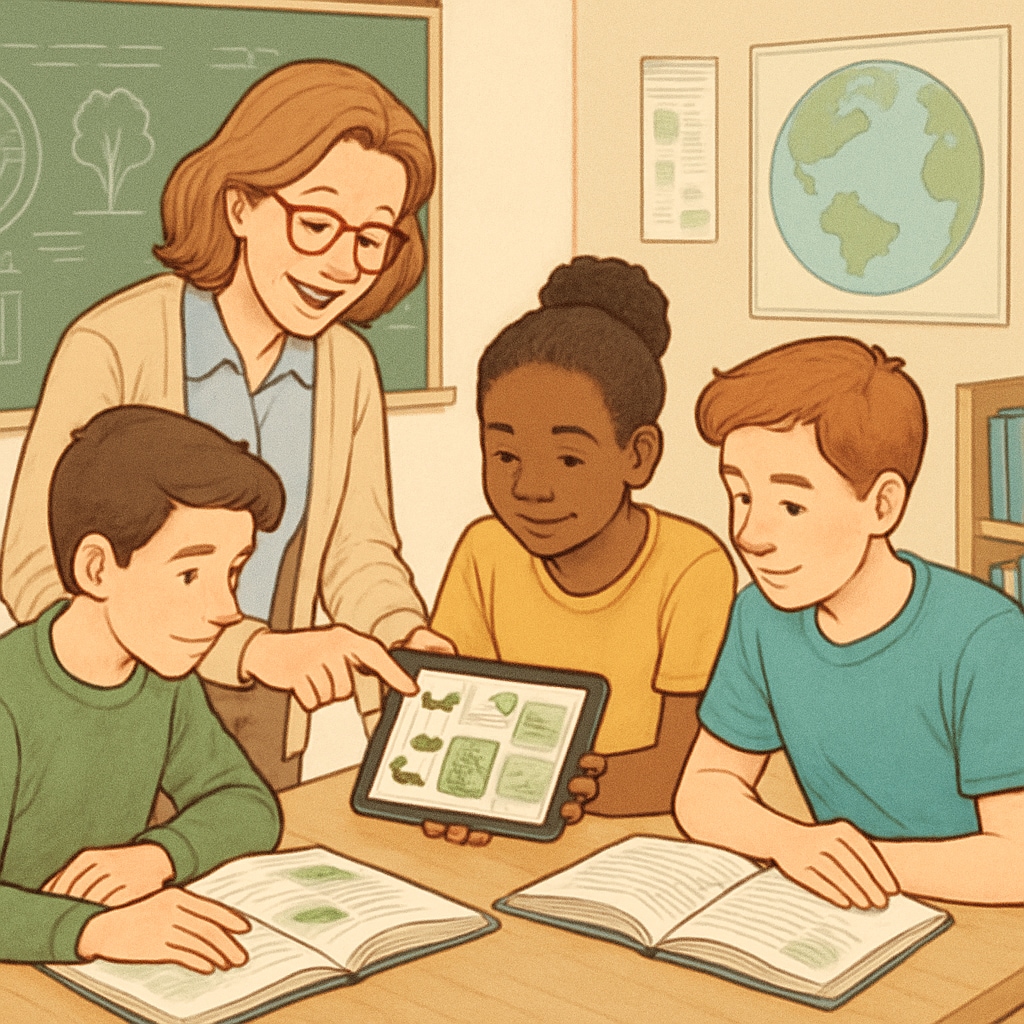Citizen science, Zooniverse, and science projects are transforming K-12 education by allowing students to contribute to real scientific research. Platforms like Zooniverse enable classrooms to analyze data from astronomy, ecology, and more, bridging the gap between theory and practice. This approach not only enhances STEM skills but also nurtures curiosity and collaboration.

Why Citizen Science Matters for Young Learners
Participating in citizen science projects provides unique benefits for K-12 students:
- Authentic research experience: Students engage with real datasets, such as classifying wildlife photos or transcribing historical records (Learn more about citizen science).
- Critical thinking development: Tasks like pattern recognition in Galaxy Zoo teach analytical reasoning.
- Interdisciplinary connections: Projects often blend biology, physics, and social studies.
Integrating Zooniverse Into Classroom Curricula
Teachers can leverage Zooniverse’s open-access platform to align projects with learning standards. For example:
- Use Penguin Watch to teach animal behavior and climate change impacts.
- Incorporate Notes from Nature for biodiversity lessons (Biodiversity explained).

Pro tip: Start with shorter, image-based tasks for younger students, gradually progressing to complex data analysis.
Measuring the Impact on Student Outcomes
Schools report increased engagement and improved test scores after using citizen science tools. A 2023 study showed that 78% of participants developed stronger problem-solving skills. Furthermore, these projects foster a sense of global citizenship as students collaborate with researchers worldwide.
In conclusion, citizen science platforms like Zooniverse democratize research while preparing the next generation of scientists. By participating, students gain confidence, technical skills, and a deeper appreciation for science’s role in society.


